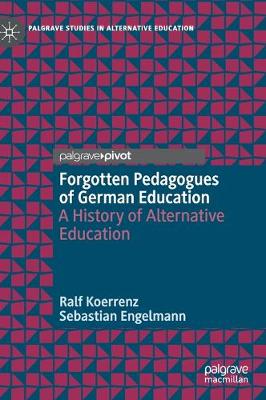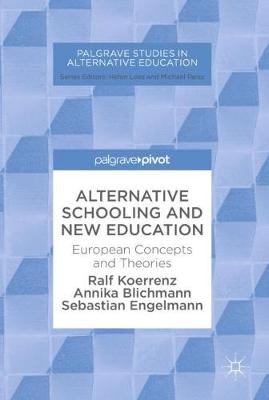Palgrave Studies in Alternative Education
2 total works
Forgotten Pedagogues of German Education
by Ralf Koerrenz and Sebastian Engelmann
Alternative Schooling and New Education
by Ralf Koerrenz, Annika Blichmann, and Sebastian Engelmann
This book examines the European discussion about alternative schooling in the 20th century. It refers to a stream of concepts that are often described as New Education, Progressive Education, Education Nouvelle or Reformpadagogik, and discusses a range of different models of alternative schooling. Exploring the works of a range of continental educational philosophers, including Lietz, Blonsky, Kerschensteiner, Freinet, Decroly and Petersen, the book offers a unique insight into texts not yet translated into English. These educational models are presented with regards to the biographical background of the authors; the crucial elements of their construction; the historical interconnections between schooling, society and culture; and finally their connection to today's discussions in educational sciences. The book will be highly relevant for researchers and advanced students working on the theory, history and practice of schooling, particularly those with a focus on alternative schooling and the philosophy of education.

